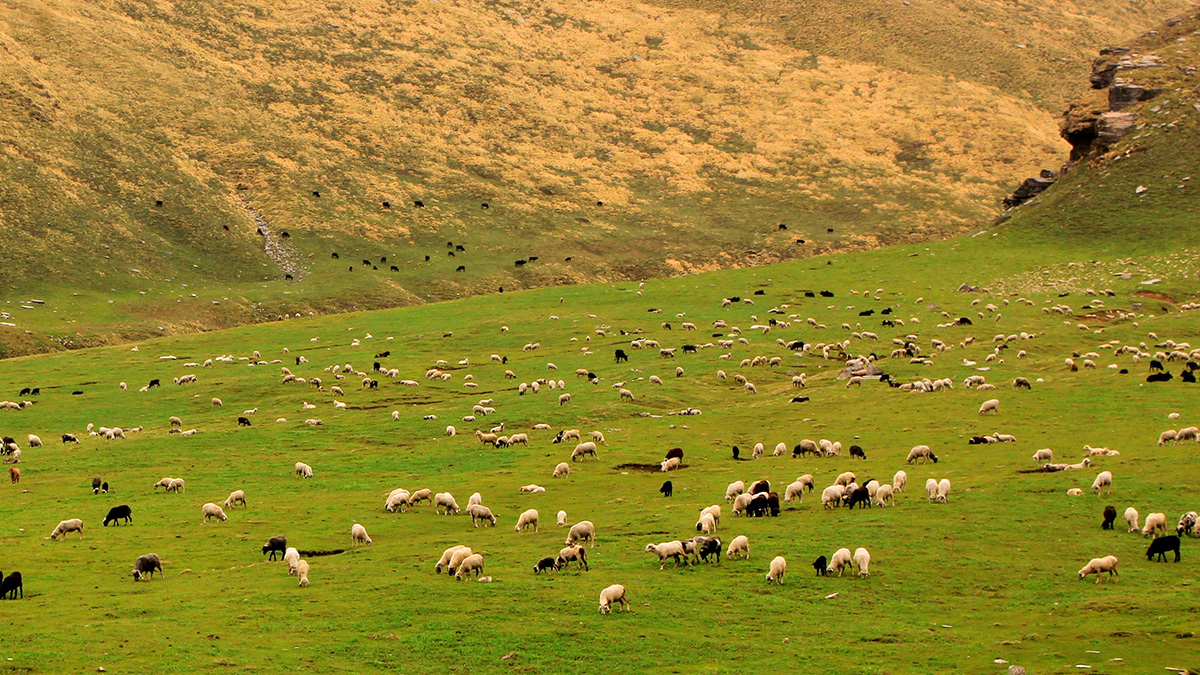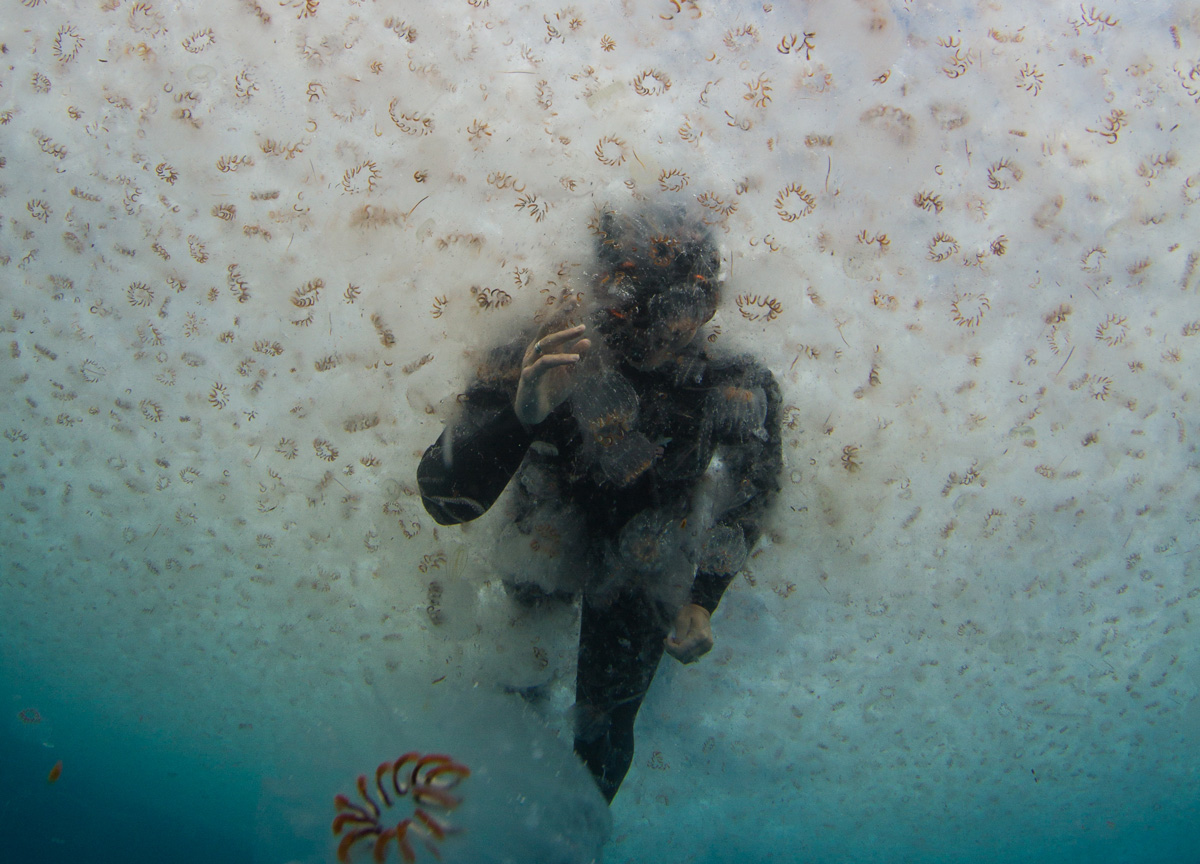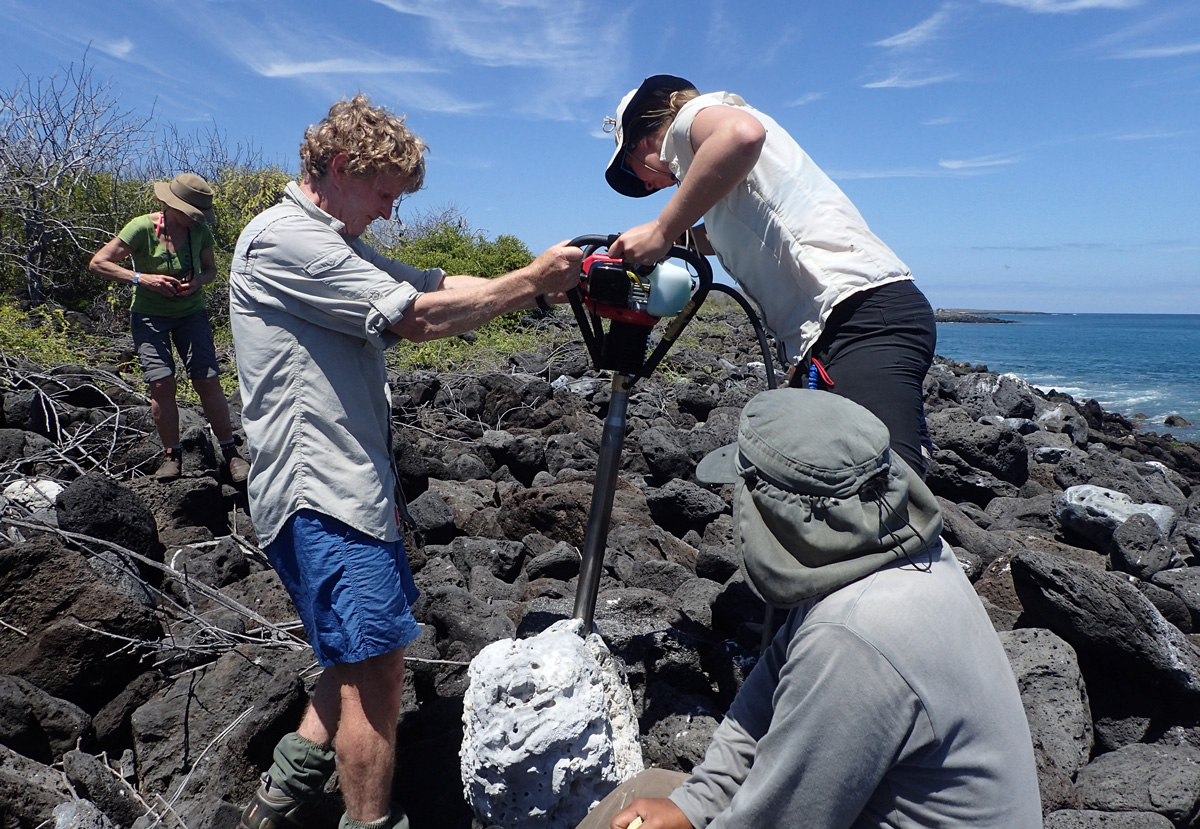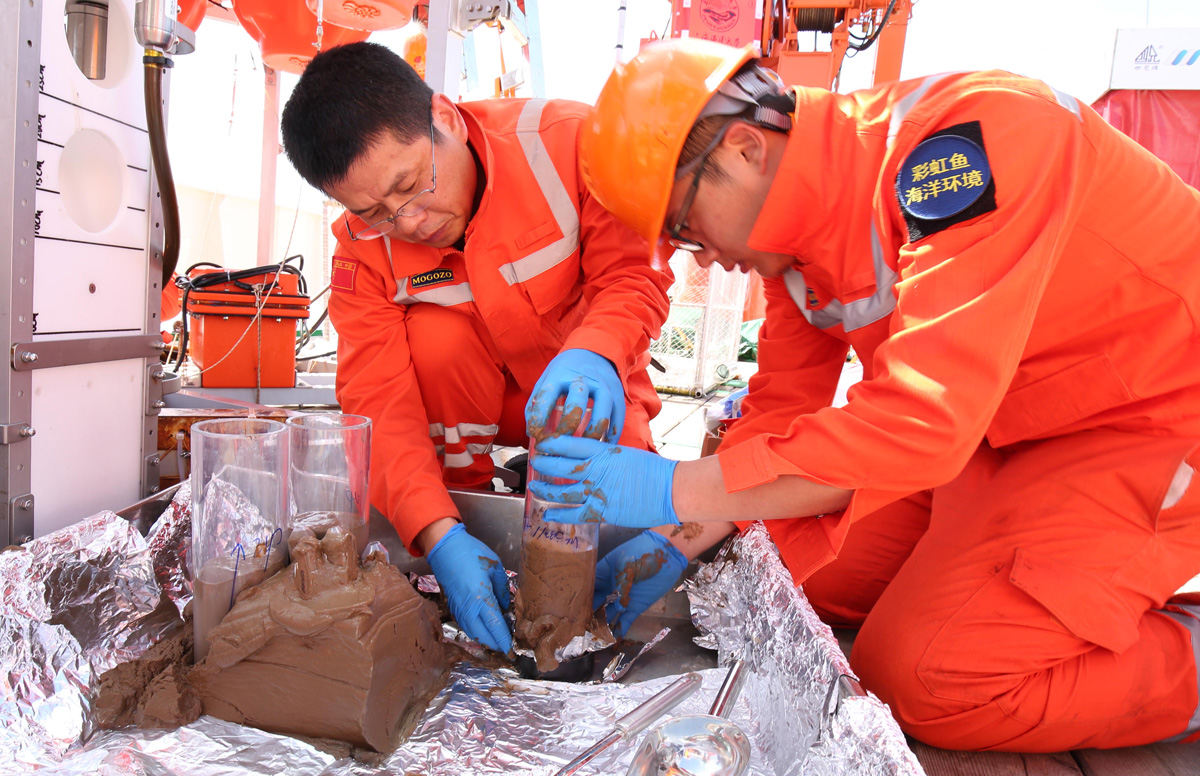通过让砍伐整齐的森林变得斑驳,驼鹿在森林中创造出一个反射表面,可以反射阳光并降低温度。
animals
Veterinary Antibiotics Reduce Soil Carbon Sequestration Capacity
Livestock grazing areas sequester less carbon than those under wild herbivores.
Making Sense of the Great Barrier Reef’s Mysterious Green Donuts
Researchers set sail to the Great Barrier Reef to study how ring-shaped algae deposits formed and evolved, what feeds them, and the diversity of creatures that call them home.
Munching Moose Cool Forest Floors
By making clear-cut forests patchier, moose create a reflective surface that bounces back sunlight and keeps temperatures down.
Ants Aren’t Adapting to Warmer Temperatures
Foraging in hotter-than-desired temperatures could negatively affect ants’ biology and the forest ecosystems that they support.
喷气推进的被囊动物在海洋碳循环中的作用
新研究表明,广泛分布的胶质浮游动物的大量繁殖,连同它们的粪便、每日的垂直迁移和它们的尸体一起,增加了海洋的碳输出。
Some Corals Are More Heat Resistant Than Thought
The vast genetic diversity of corals means there are some that may survive warming waters. Now scientists just need to find them.
Jet-Propelled Tunicates Pump Carbon Through the Oceans
New research reveals that blooms of the widespread gelatinous zooplankton—along with their feces, daily vertical migrations, and carcasses—increase marine carbon export.
El Niño Varies More Intensely Now Than in the Past Millennium
Researchers found evidence for a strengthening El Niño in living and fossilized Galápagos corals.
In the Deepest Ocean Reaches, a Potent Pollutant Comes to Rest
Surprising amounts of mercury settling into deep-sea trenches may provide a fuller picture of the metal’s path through the environment, but pulling it to the surface is no easy feat.










